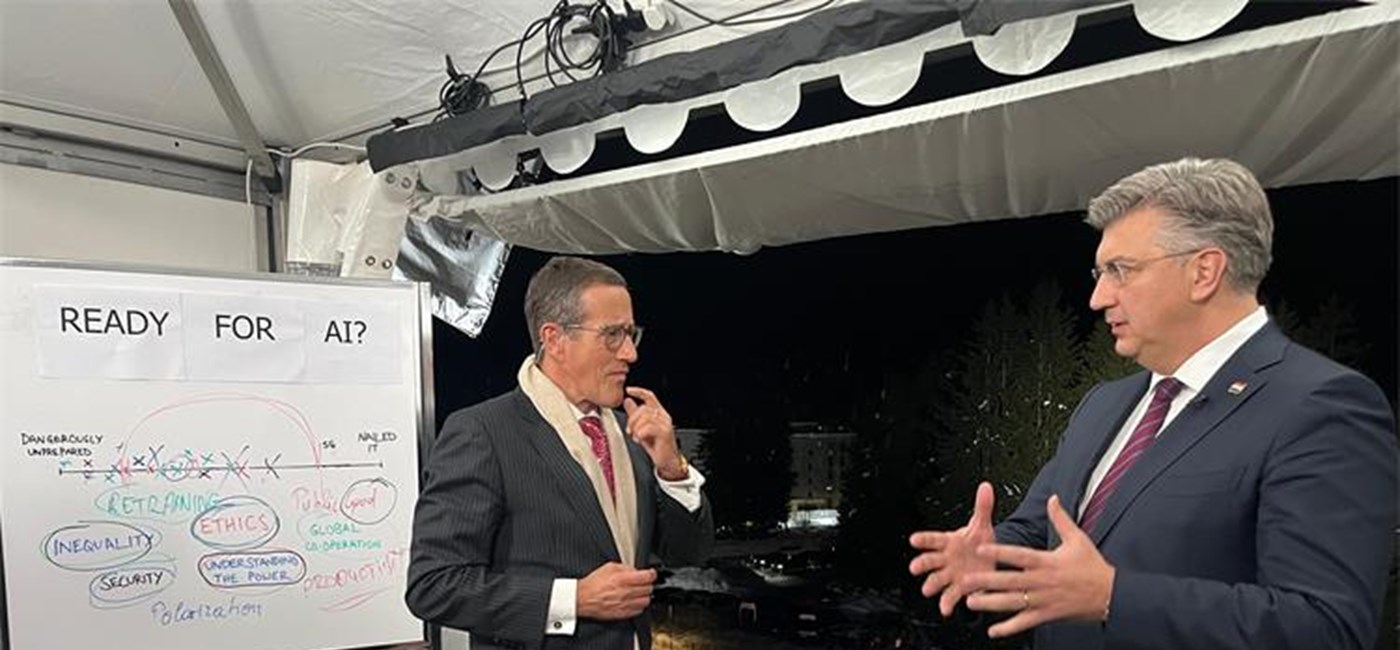Plenković says expects EU to secure €50 bn for Ukraine
Croatian Prime Minister Andrej Plenković, who was attending the annual meeting of the World Economic Forum (WEF) in Davos, said that he expected the EU to secure €50 billion in aid to Ukraine "one way or another".
- 18.01.2024.

If one of the countries, for example Hungary, is against this idea, we will provide an alternative solution and the European Commission has been working on it, which is a political, legal and financial agreement that will make that possible outside the EU's seven-year budget, Plenković said.
Hungarian Prime Minister Viktor Orban is not against others sending money to Ukraine outside the EU's financial framework, he explained.
In Europe, you have to find compromise solutions. I think that we have exhausted all the possibilities for a compromise but we have found a solution, and I believe a solution is more important than a compromise, he said.
Asked by the reporter about Croatia's position on tensions in Southeast Europe, Plenković said that he had just returned from a discussion on Western Balkans, Southeast Europe, Ukraine, Georgia and Moldova, noting that a revolutionary process had occurred.
Russian President Vladimir Putin has actually expedited the enlargement of the European Union, prompting decisions on the opening of accession talks with Ukraine and Moldova and the granting of candidate status to Georgia. Soon we will make a final decision on launching accession talks with Bosnia and Herzegovina, and these are all positive things ahead of us, he said.
The Croatian PM said time was needed to catch up with the countries that had lived in democracy and market economy conditions for decades and "we are still catching up with them."
Plenković expressed confidence that with assistance, notably in the form of economic governance and the growth plan they have been offered, "our neighbours" will gradually start experiencing the growth of economic and social standards. The longer they stay outside, the worse it will be for them, he said.
Text: Hina


